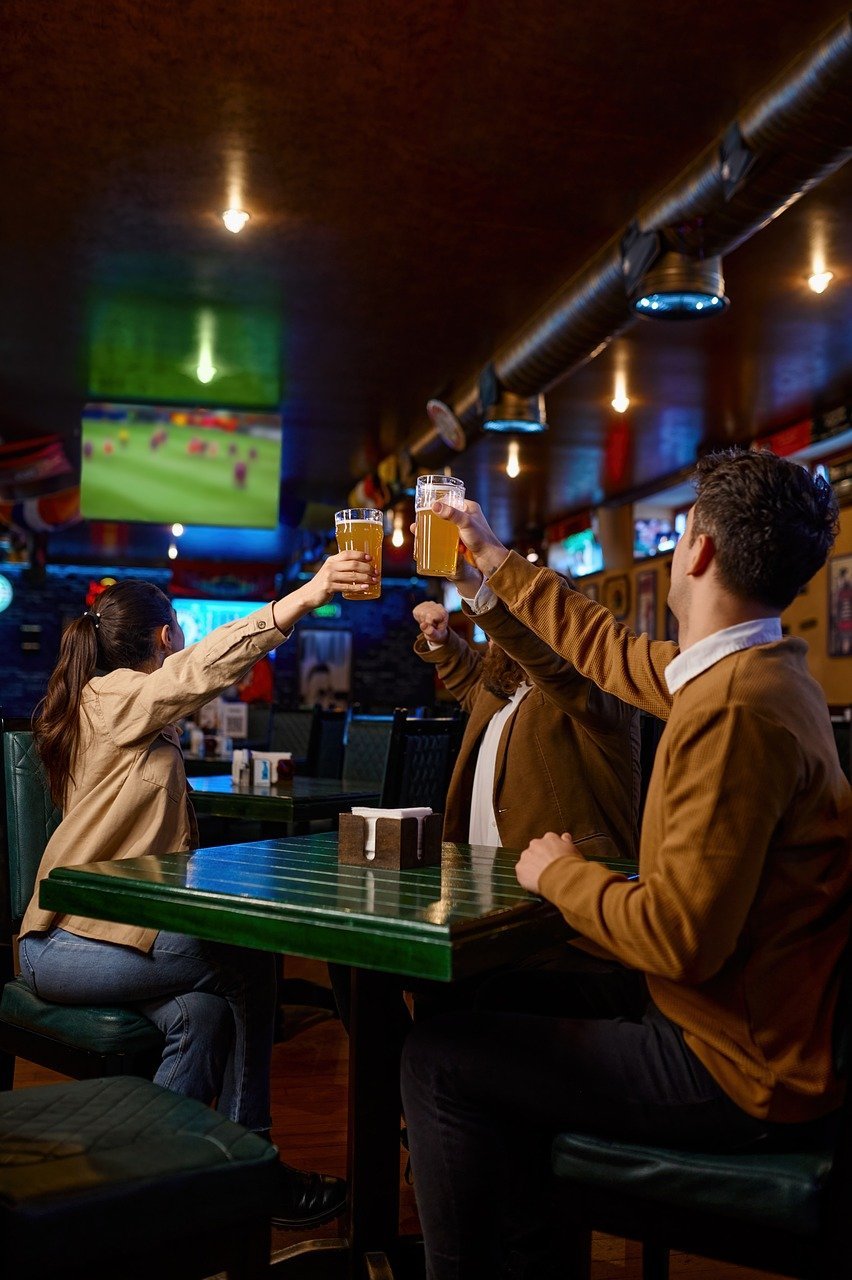Restaurant Digital Marketing Agency Tips: Essential Strategies for Success
In today’s competitive landscape, a well-executed digital marketing strategy is crucial for restaurants aiming to stand out and drive more customers through their doors. For those considering working with a marketing agency for restaurants, understanding the most impactful digital marketing strategies is key. Here, we’ll discuss how the best restaurant marketing companies use third-party delivery apps, Google SEO, and social media to maximize reach, reduce costs, and increase customer visits.
1. Using Third-Party Delivery Apps as a Marketing Strategy
Third-party delivery apps like DoorDash, Uber Eats, and Grubhub are popular, and they’ve become valuable tools for restaurant marketing companies. Despite high commission fees, the exposure and marketing value they provide can be a worthwhile investment. Here’s how restaurant marketing agencies can make these apps work for you:
Boosted Visibility and Reach: Delivery apps showcase your restaurant to a broad audience actively searching for nearby options. This boosts brand awareness and can lead to more orders.
Exclusive Dine-In Offers: Encourage DoorDash customers to visit in person by offering exclusive dine-in deals, such as a free dessert or drink. This helps turn online customers into repeat in-person guests, reducing the impact of high delivery fees.
Highlight Takeout Menus: Some of the best restaurant marketing companies advise using third-party apps to emphasize takeout. By promoting pick-up options, you can increase takeout sales, which typically have lower fees than delivery.
Leverage Paid App Promotions: Restaurant marketing agencies may recommend running app promotions to increase your visibility in the app. These paid options, while an investment, allow you to reach a targeted audience likely to convert to sales.
2. Mastering Google SEO: Essential for Digital Marketing Agencies
Another critical focus for a restaurant digital marketing agency is Google SEO, as it determines how easily customers can find your restaurant online. Local SEO, in particular, is a priority for restaurants since most customers search for “restaurants near me” or similar phrases.
How to Achieve Strong Google SEO with Help from Restaurant Marketing Companies
Optimize Your Google Business Profile: Ensuring your profile has the correct address, hours, and contact info is essential. Add photos, respond to reviews, and regularly update any changes to keep your profile relevant and trustworthy.
Use Location-Specific Keywords: Including city or neighborhood names in keywords on your website can help you rank higher in local searches. A marketing agency for restaurants will identify the best keywords for your audience and location, increasing your visibility.
Mobile-Friendly Website: A mobile-responsive website is essential, as many customers search for dining options on their phones. Make sure the website loads quickly and includes clear information, from the menu to hours of operation.
Create Fresh Content: Keep your site active by posting blog articles, updates, or menu changes. Content can be as simple as a post about a new seasonal dish or a chef spotlight, all of which add valuable SEO content.
Directory Listings: The best restaurant marketing companies ensure that your restaurant appears consistently on major directories like Yelp, TripAdvisor, and OpenTable. Consistent information across these platforms signals trustworthiness to search engines and potential customers.
A well-optimized Google presence can bring in a consistent stream of traffic from customers actively searching for your restaurant’s offerings.
3. Social Media: When Timing Matters
Many restaurants focus on social media, but while it has its advantages, it can be less effective as a standalone marketing tool. One challenge with social media marketing for restaurants is that posts have to reach customers when they’re hungry and ready to decide where to eat, which can be difficult to time correctly.
The Drawbacks of Relying on Social Media Alone
Timing is Critical: A post might not lead to a visit unless it reaches someone at the right moment. Even a beautifully curated post may not translate into immediate foot traffic if the audience isn’t actively seeking dining options.
Algorithms and Reach: Social media algorithms can limit the visibility of posts, meaning a smaller audience might see them compared to other digital marketing channels.
Consistent Content Requirements: Keeping social media effective requires frequent posts, engagement with followers, and possibly paid ads—all of which take time and effort.
While social media should be part of a restaurant’s overall digital marketing strategy, restaurant marketing companies generally use it as a brand-building tool rather than a primary driver of sales.







